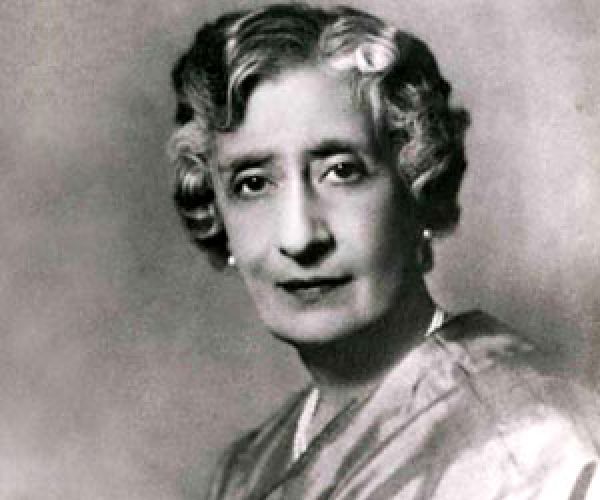
A noble project of national interest that compliments all the indians


Rajkumari Amrit Kaur holds the historic distinction of being independent India’s first female Cabinet Minister. Appointed by Prime Minister Jawaharlal Nehru in his first Cabinet in 1947, she served as the Minister of Health until 1957. During her tenure, she played a transformative role in shaping India's public health infrastructure. One of her most enduring legacies is the founding of the All India Institute of Medical Sciences (AIIMS) in New Delhi, which she envisioned as a premier institution for advanced medical education and research in India.
Born on February 2, 1889, into the royal family of Kapurthala, Rajkumari Amrit Kaur was educated in England, where she developed a deep commitment to social reform and women's empowerment. Upon returning to India, she was influenced by the ideologies of Gopal Krishna Gokhale and later became a close associate of Mahatma Gandhi. She actively took part in the Indian freedom struggle and was also the first woman member of the Hindustani Talimi Sangh, dedicated to education reform. A staunch advocate for women’s rights and healthcare, Rajkumari Amrit Kaur passed away on October 2, 1964, leaving behind a legacy of visionary leadership and service to the nation.